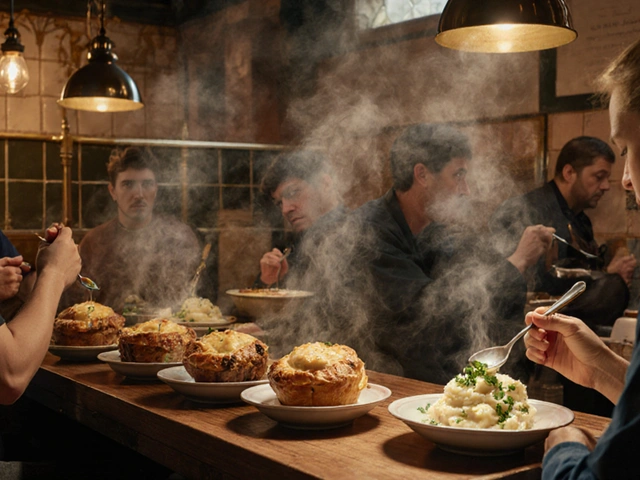Liability in London Food & Nightlife: Simple Facts for a Safe Night
If you love dining out, hitting clubs or booking private parties in London, you probably haven’t thought much about liability. It’s the legal side that protects you and the business if something goes wrong. Knowing the basics helps you stay safe and keeps the fun going.
What Liability Means for Restaurants and Clubs
Restaurants and nightclubs have three main duties. First, they must keep the space clean and free of hazards. A wet floor, broken glass or faulty lighting can cause injuries, and the venue could be held responsible. Second, they need to serve food and drinks safely. If a dish is undercooked or a drink is spiked, the establishment could face a claim. Third, alcohol service comes with extra rules. Over‑serving a guest who then causes trouble can lead to legal trouble for the bar.
Most places in London carry public liability insurance. That policy covers medical costs, legal fees and any compensation the venue might owe. It’s why you often see “All risk covered” signs in the background. As a customer, you don’t need a policy, but you should know the venue’s responsibilities.
How to Protect Yourself When Going Out
Here are quick steps to keep liability issues away from you:
- Watch the floor. If you see a spill, point it out to staff right away. That simple act can prevent slips and also shows you’re paying attention.
- Know your limits. Pace yourself with alcohol. If you feel too drunk, stop drinking and ask for water. Over‑intoxication can make you liable for any damage you cause.
- Check food safety. Look for signs of proper cooking—no raw meat in the middle, clean plates, and fresh ingredients. If something looks off, let the server know.
- Read the fine print. Private dining rooms or VIP tables sometimes have separate rules. Make sure you understand any extra fees or responsibilities before you book.
- Keep receipts. If you’re paying for a private event, a detailed receipt protects you if there’s a dispute later.
When you’re the organizer of a party, you also need to think about liability. Booking a venue that has insurance, adding a clause about damages in your contract, and making sure guests follow the house rules all reduce risk.
In short, liability isn’t a scary word—it’s just a safety net. Restaurants, clubs and event planners use it to cover accidents, and you can use simple habits to stay out of trouble. Next time you head out for a dinner with hot babes or a night at Metropolis, keep these tips in mind and focus on the good times.
Terms of Service
These Terms of Service govern the use of londonfoodbabes.com, detailing the obligations of users and the legal guidelines surrounding content ownership and privacy policy. Acceptance of these terms is essential for site usage, with consent implied through continued access. Users are advised against unauthorized actions and encouraged to adhere to the terms to avoid legal consequences. Liability is limited to ensure lawful use under United Kingdom regulations.





